A donor oocytes (eggs) is used when patient’s ovaries do not produce their own ovaries because of different reasons or when repeated attempts of artificial fertilization ended in failure. Egg donation is also used in medicine if there is a risk to transmit hereditary deceases to a child.
Who can be an egg donor?
An egg donor can become a woman aged 20 to 32, who is physically and mentally healthy. The egg donation program is absolutely anonymous. Spouses, who use donor ova, can see donor’s photos and are informed about such characteristics as height, weight, color of hair and eyes, blood group, and rhesus-factor, nationality, whether a donor has a family and children.
It is desirable that a recipient (a patient, who uses donor eggs) is a woman aged to 50. An oocyte donor receives no information about recipient.
When is egg donor used?
Indications for conducting in-vitro fertilization using donor oocyte are the following:
- Absence of oocyte because of such reasons as natural menopause, premature ovary failure syndrome, uterine appendages ablation;
- If a patient has a gene with mutation and sex-linked hereditary diseases;
- In-vitro fertilization attempts that ended in failure, low reaction of ovaries for ovulation induction, numerous receiving of low quality embryos.
Volume of examination for an egg donor
1. Therapist’s report;
2. Clinical blood analysis;
3. HIV, RW, hepatitis B, C;
4. Blood group, rhesus-factor;
5. Microscopy of discharge;
6. Cytology;
7. Gynaecological examination;
8. Pelvic ultrasound.
And specific analysis. Know more about Guarantee programs with egg donation on the website Feskov Human Reproduction Group

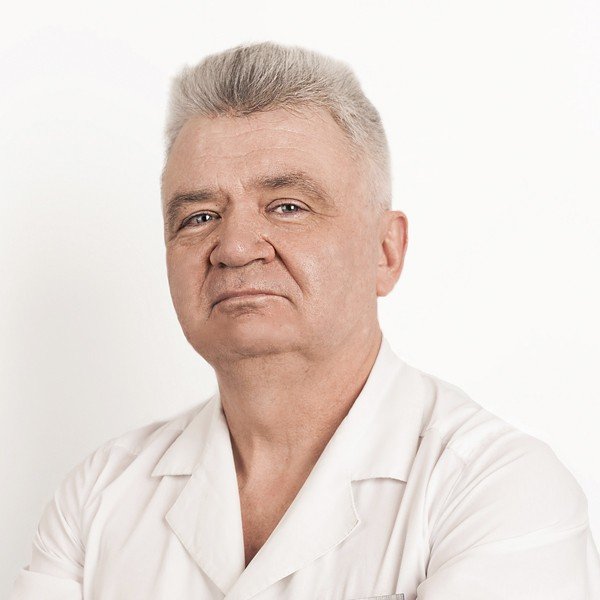
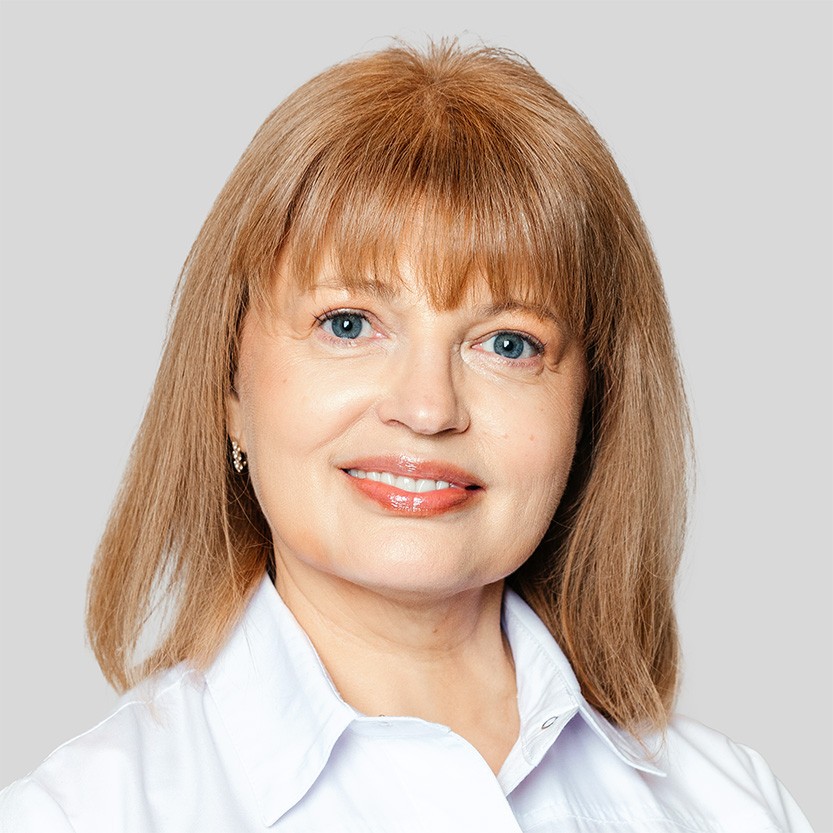

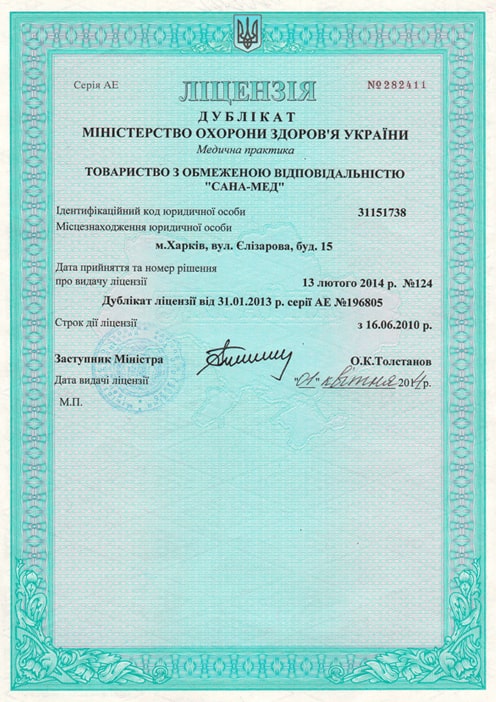
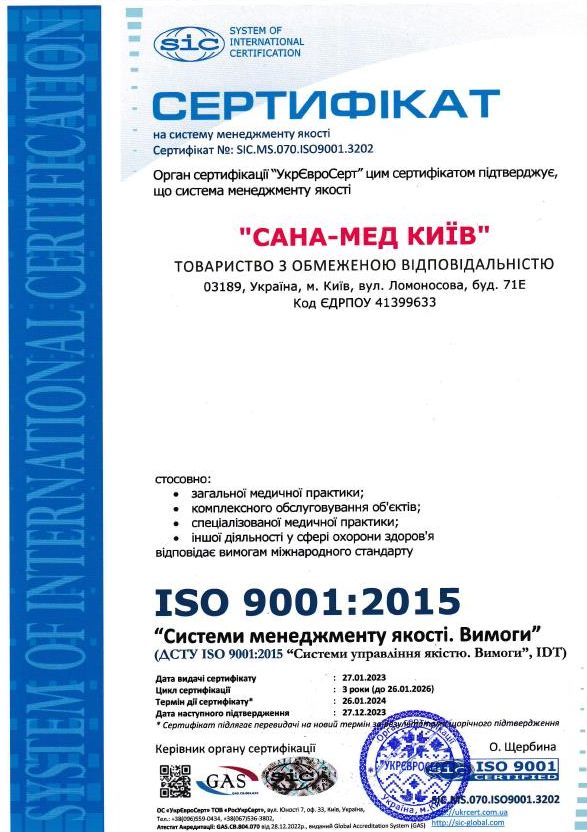
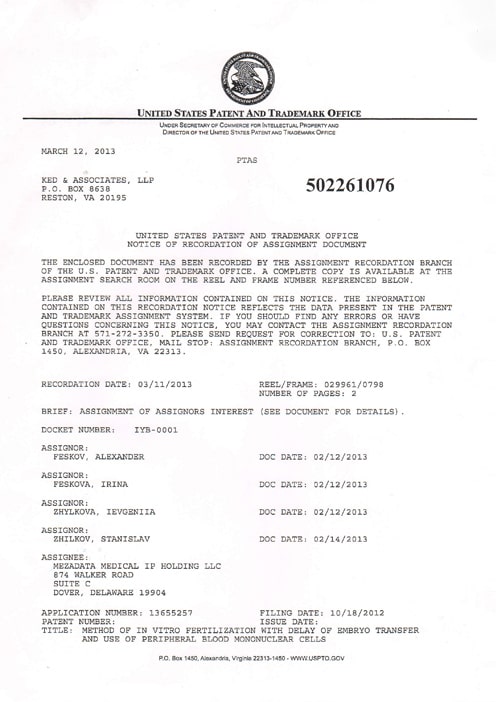
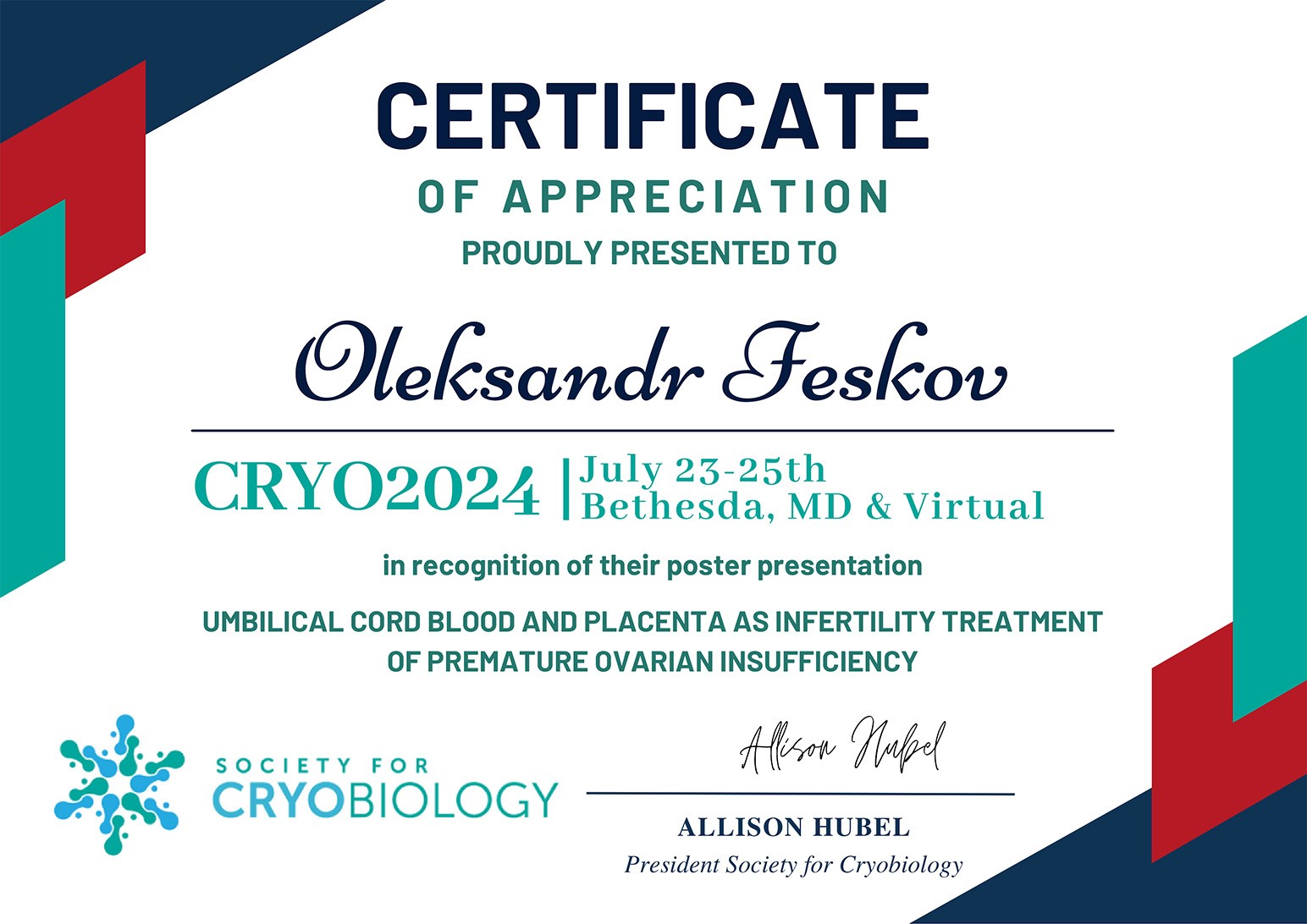
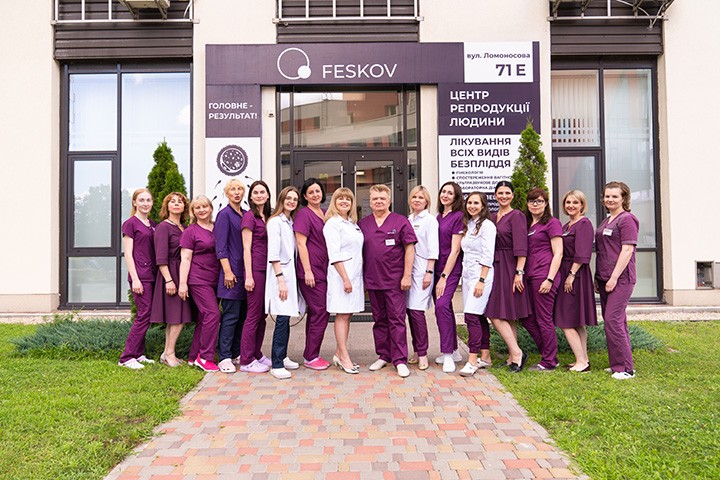
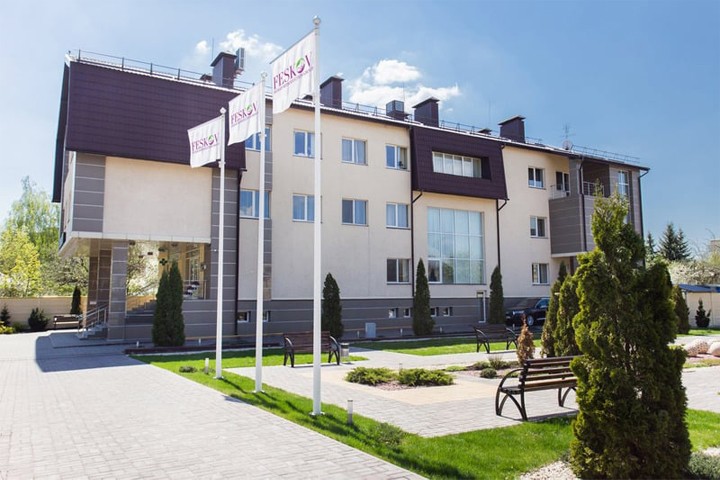

Reviews about us
My name is Paul and I am from Los Angeles, California. I heard a lot of very good reviews about this particular hospital. I had some fluid built up in my scrotum along with some dead veins which caused a lot of pain. I was very nervous. After surgery, I did not feel very much pain and I was walking around freely the next day. I was very pleased to know Doctor Anna Ivanova had about 15 years of experience and performed around 3,000 surgeries. She was also very friendly and patient with me and always came by to make sure everything was taken care of. The whole medical staff was great. Especially my anesthesiologist Kosharnovskiy Andrey and one particular nurse named Oksana. Anesthesiologist Kosharnovskiy Andrey is a very professional specialist who speaks perfect English. He asked me many questions concerning my health. The surgery was successful and the next day Anna, Andrey and Oksana came to my room to make sure I felt good. I would highly recommend Anna and Andrey as the best doctors ever!
Read reviewsI want to share my experience and recommend this clinic to everyone. I was on inpatient treatment (laparoscopy and hysteroscopy) in April 2020, came from Poltava and never regretted it, first the anesthesiologist listened to me carefully and gave his recommendations, then after preparation under anesthesia, a rather complicated operation was performed by a qualified surgeon, modern equipment, excellent comfortable conditions, caring attitude of the staff, well-coordinated teamwork, all this can be found here, for me it is a clinic
Read reviewsWe want to thank two wonderful doctors, Zozulina OM And Ivanova AV Thanks to you, we have a wonderful long-awaited son! Thank you from the bottom of my heart and the whole team of professionals! You are the best in your business!
Read reviewsI want to share my experience and recommend this clinic to everyone. I was on inpatient treatment (laparoscopy and hysteroscopy) in April 2020, came from Poltava and never regretted it, at first the anesthesiologist listened to me carefully and gave his recommendations, then after preparation under anesthesia, a rather complicated operation was performed by a qualified surgeon , modern equipment, excellent comfortable conditions, careful attitude of the staff, well-coordinated teamwork, all this can be found here, for me it is a clinic
Read reviews